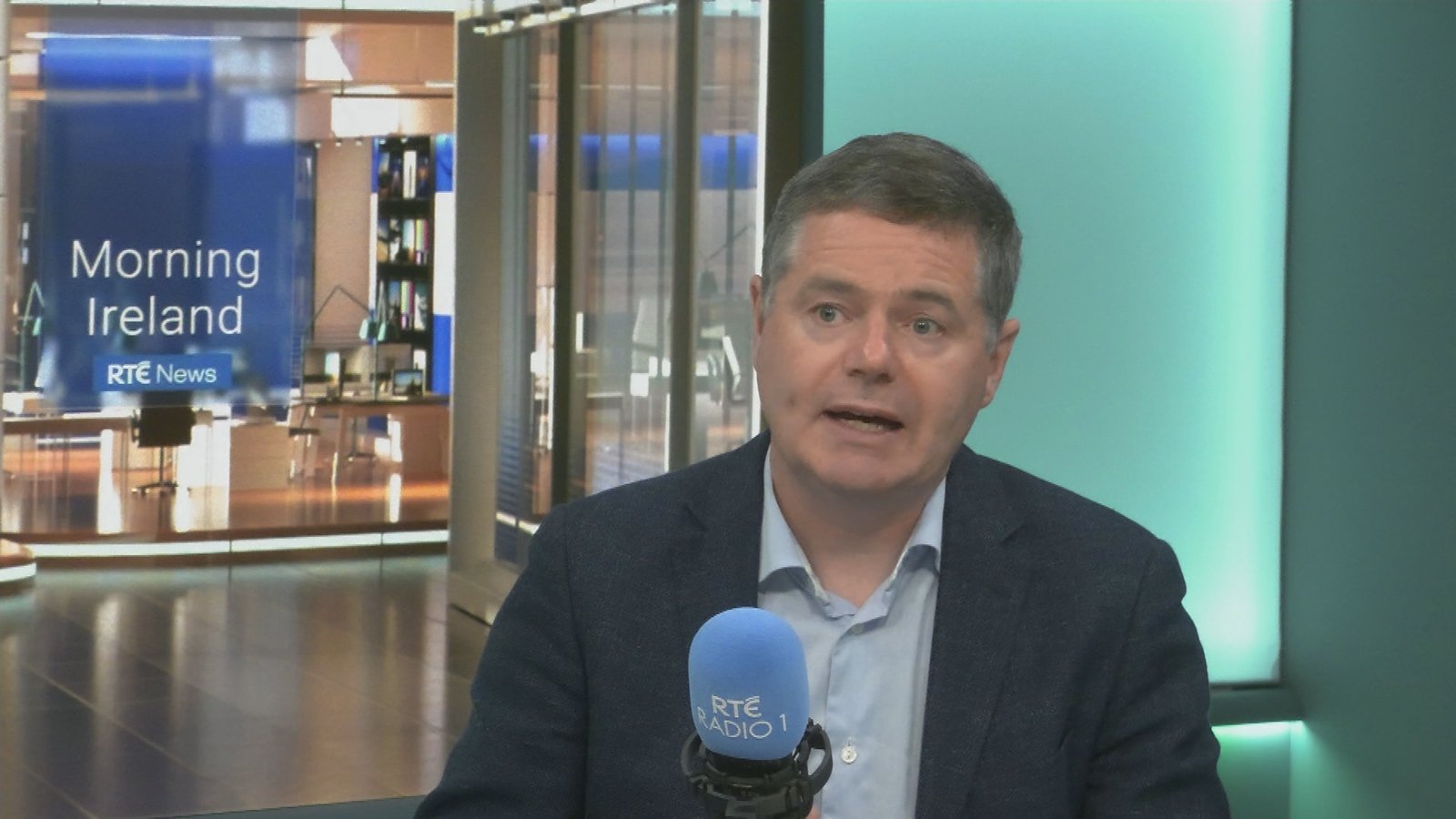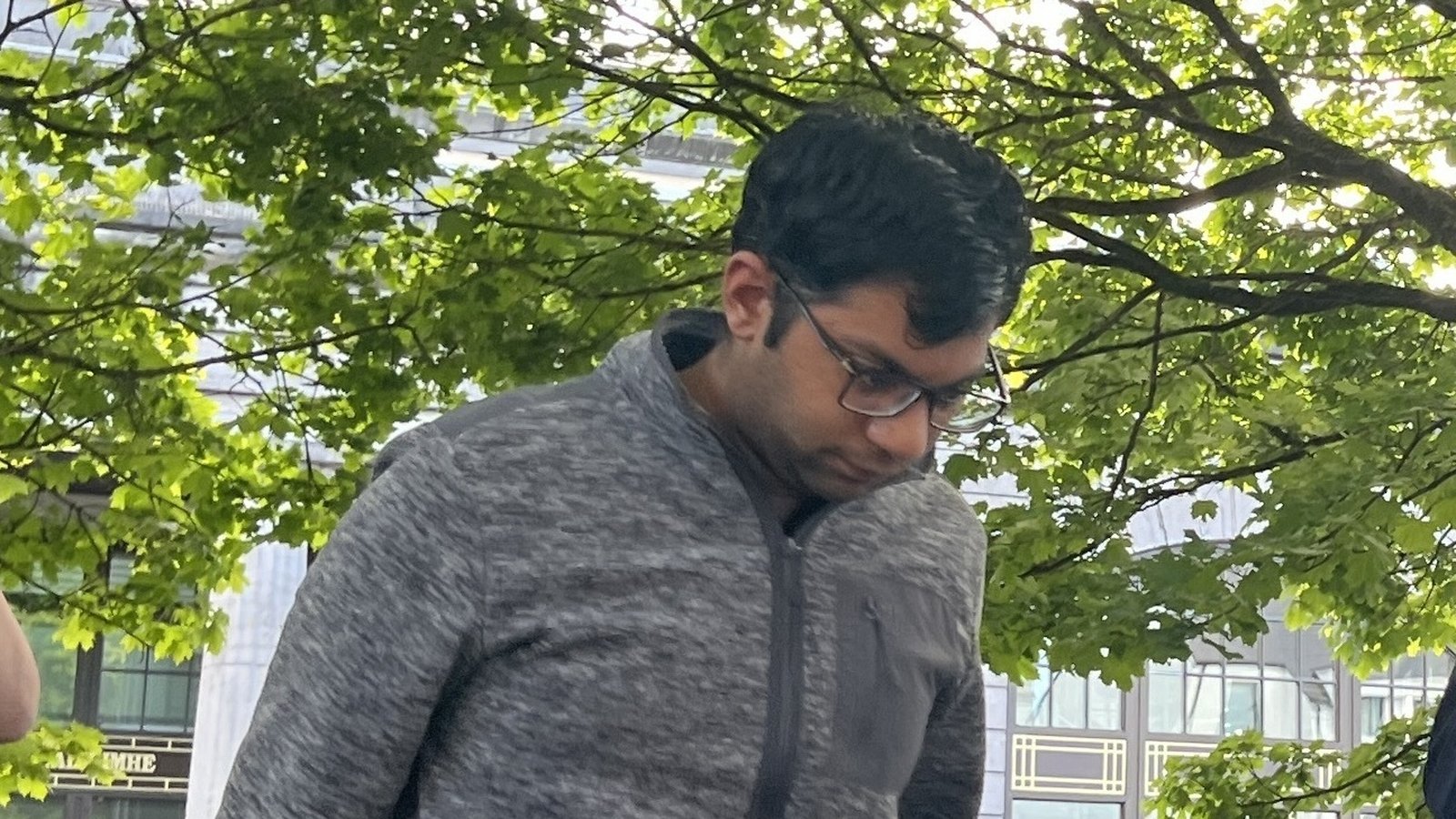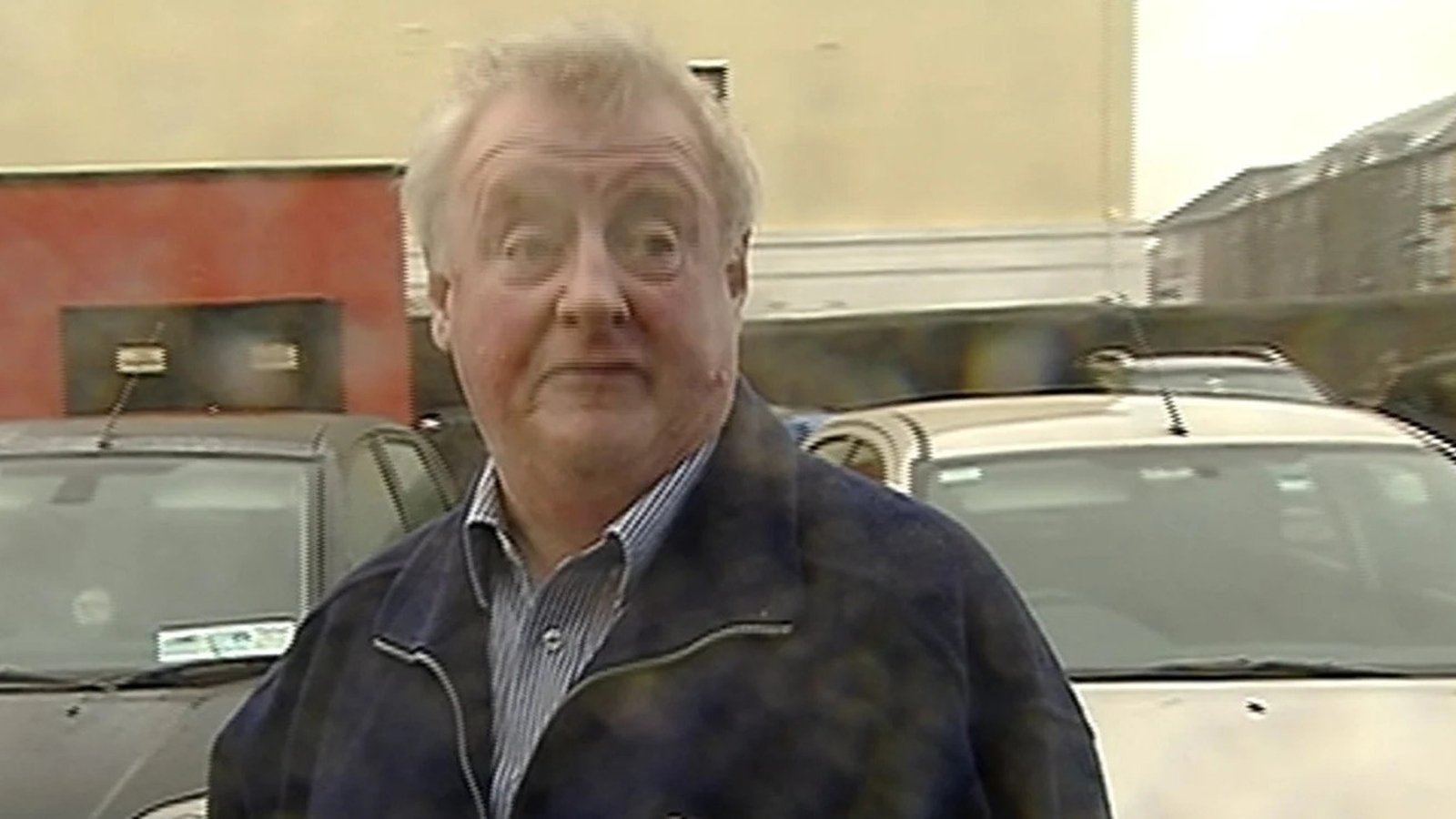WRC throws out ‘vexatious’ racism claim against UCD
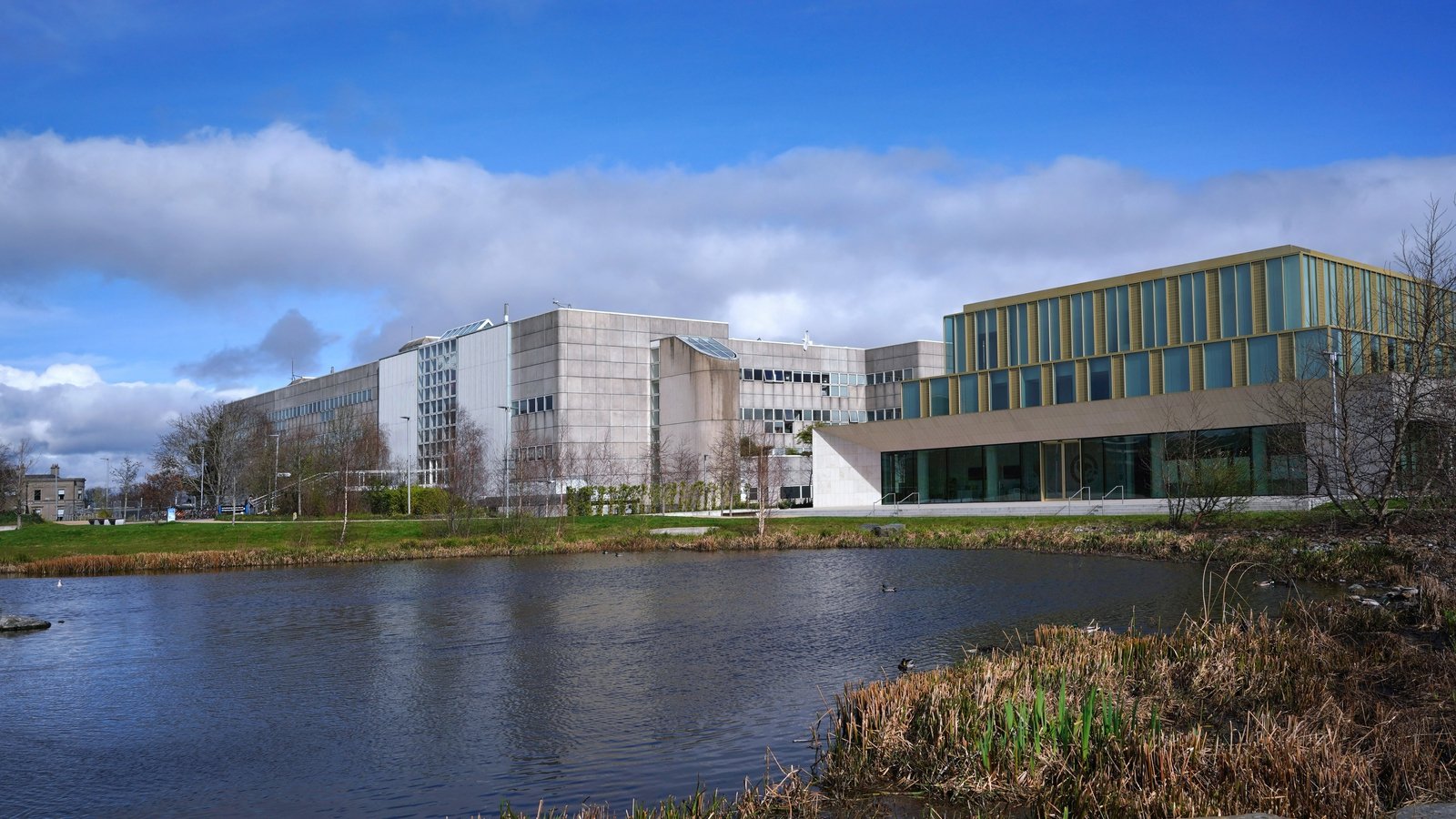
A tribunal has thrown out claims of racist discrimination taken by a homeless academic with a “sense of entitlement” who took to bedding down in campus buildings at University College Dublin while he spent seven years working on his PhD.
The Workplace Relations Commission has found that college authorities turned a “blind eye” after the PhD student’s living arrangements were first discovered in 2018 when some female staff complained and he turned down an offer of emergency accommodation.
On one occasion, the university’s cleaning contractor reported finding the man asleep in his underwear in a break room at 6.30am, although the complainant disputed this, the WRC heard.
In complaints under the Equal Status Act 2000 and the Employment Equality Act 1998, Dr Pierce Parker claimed he was discriminated against and harassed because of his race, gender and civil status after he was put through a student disciplinary process over his use of the research building and because of the university’s decision not to appoint him to a postdoctoral fellowship.
Dr Parker told the WRC he was “an American national and is a non-white male, being of Asian origin” who originally came to Ireland in 2007 to complete a PhD at the University of Limerick – only to be expelled in 2012.
The WRC’s predecessor organisation, the Equality Tribunal, threw out a previous racism claim against the University of Limerick by Dr Parker in 2013, it was noted.
The following year, he was able to transfer his PhD to a specialist research institute at UCD and got a desk in an office in its building.
Giving evidence, Dr Parker said he became homeless during his studies and “on occasion” would sleep overnight at his desk when he “could not find a hostel, the weather was too bad, or it was too late”.
One complaint to college authorities about him sleeping on campus was logged as early as 2018, Mr Parker said, but staff turned a “blind eye”, arguing that sleeping in the building had been a “regular occurrence” for him but was only logged seven or eight times.
He found accommodation in a house share during the Covid-19 pandemic, but said he could not use its kitchen because of “difficulties” with his housemates and kept his kitchen equipment at the research institute instead, he said.
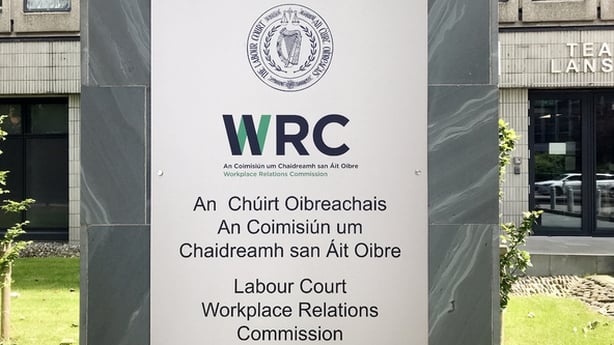
Dr Parker, who was set to graduate in December 2021, had been invited to interview for a postdoctoral research fellowship the previous August. He submitted his thesis that September – meaning that he had to give up his desk space at the research institute at that point.
He said he delayed moving his things out of the institute pending the outcome of the fellowship competition but learned on 6 September 2021 that the would not be getting it.
Dr Parker said the head of the institute, identified only as Professor B in the decision, “threatened to call security” when she found him in the building on 8 September 2021 and wrote to him warning him it was “not appropriate” for him to be there.
However, Dr Parker said he continued to go back there daily and did not consider his behaviour inappropriate.
He was referred to a student disciplinary process at the end of the month, the WRC heard. He told the WRC that he admitted accessing the building but claimed a “sighting” of him on 3 October 2021 had been “concocted and fabricated” to get him expelled.
The WRC heard Dr Parker “admitted guilt in exchange for a warning” and apologised to UCD Estate Services for “misusing the access” to the building.
He then served Professor B with statutory notice of allegations of discrimination and harassment, claiming that “stickler territoriality” and “excessive reactions” amounted to “opportunistic racism”.
“In her eyes, my actions were simply [those of an] abnormal racialised ‘other’ person engaged in a very typical, bizarre, recalcitrant and incomprehensible behaviour,” he wrote.
In evidence, Professor B said she first encountered Dr Parker in October 2018, when female staff working at another campus building where she was in a position of responsibility complained to her that he was sleeping there.
Professor B said that although there were disciplinary proceedings being used, she regarded the matter as a “welfare” issue and organised emergency accommodation – only for Dr Parker to turn down her help.
She added that Dr Parker’s PhD supervisor also told her that a cleaner had reported finding the complainant in the research institute’s tea room “sleeping in his underwear at 6.30am” on an unspecified date.
Professor B, who had chaired the fellowship competition Dr Parker was also complaining about, said it had been “fair and transparent” and denied that race, gender or civil status had “anything” to do with the result.
Under cross-examination by the complainant, she said the successful candidate for the fellowship gave an “excellent performance at interview”, but told Mr Parker his was “rambling”.
Dr Parker maintained he “did not stand a chance” at interview because Professor B had been the one who referred him to the disciplinary panel. Professor B said she had not known he was still using the institute building when she interviewed him for the fellowship.
In a decision released today, WRC adjudicator Aideen Collard said that Dr Parker faced the college disciplinary tribunal “because of his own misconduct and blatant disregard” for what he had agreed with UCD.
His discrimination claim about the “fair” fellowship selection process was made in “bad faith”, she wrote.
“The complainant has demonstrated a sense of entitlement to special treatment and does not regard the usual rules and norms of social interaction and conduct as applying to him,” she wrote.
“When challenged… he has an established pattern of retaliating by alleging discrimination against anyone whom he regards as standing in his way,” she added.
She said UCD staff “went above and beyond” by helping him complete and completely rewrite his PhD thesis after he was expelled from UL, and by finding him alternative housing when he was first reported sleeping on campus in 2018.
“He took advantage of this goodwill,” she wrote, adding that a “blind eye” was turned to Dr Parker sleeping and cooking at the institute between 2018 to June 2021, when he was finishing his studies.
Ms Collard said unfounded discrimination complaints were a cause of hardship to those accused, who suffered “stress and anxiety” while spending time and money to defend themselves and their reputations.
They also took up public resources and were a “disservice” to those with genuine complaints, she added.
She found Dr Parker’s complaints were “frivolous and vexatious” and threw them out.


